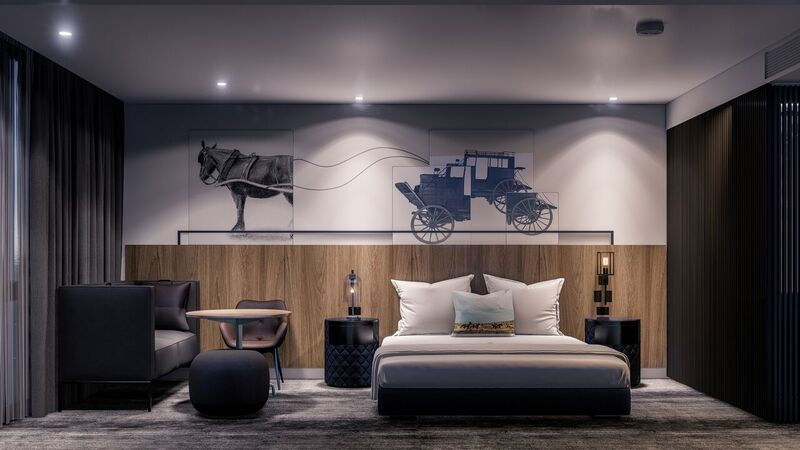
Conservatives versus forward thinkers
The idea of sharing living space and having to compromise on important decisions relating to your home or investment, and its common areas, is not everyone’s cup of tea.
While strata living can be a rewarding experience and a fantastic investment opportunity, owners should, prior to their purchase, be aware of the lifestyle they are buying into. Unlike non-strata property, buyers must understand that at times they will need to give a little leeway to accommodate for different personalities. Reaching a joint decision on upgrades, projects and even by-laws within a strata scheme can prove to be quite difficult.
Choosing to live in strata is a decision that should not be taken lightly. When an owner becomes part of a strata community, they should acquire a full copy of that strata community’s by-laws. These by-laws outline the rules and regulations all owners are required to live by. From the time of the purchase onward, decisions on expenditure, design and external appearance of the building are made collectively. It is this loss of autonomy, which is often the root to many problems.
Committees within the body corporate have the task of representing the interest of all owners to the best of the ability of the committee members. In many cases, the committee will consist of only three, and up to seven people who must be selfless in the way they go about their duties. Finding an appropriate balance to keep everyone happy is often easier said then done. Committee members soon find out not all lot owners share the same beliefs; have the same income stream or the desire to fund the same improvements.
Some lot owners want to upgrade common areas such as pools, lifts, lobbies, external painting or gardens to maximise their return on investment. They renovate, make profit and move on to another complex.
On the other side of the spectrum, some lot owners take a more conservative approach to strata living. Their sole aim is to keep levies low and make minimal changes or improvements. In this approach, owners want cost saving measures to be the priority when budgeting and setting levies.
Lot owners usually fall into one of two categories. The conservatives and the forward thinkers. The two categories have conflicting ideologies on how a strata community should run. So what is the possible outcome over a period, if either group has their way?
Conservative
• In this view, owners will save money by cutting budgets and keeping levies low, engaging contractors at the lowest price and fixing items rather than replacing them. This can cause other owners (the forward thinkers) to resent paying their levies, as they believe nothing is being done to improve the community. The forward thinkers do not agree with the building being simply ‘maintained’ rather than enhanced.
• If a major project or refurbishment is needed suddenly, there can become a need for a special levy. This occurs if there are insufficient funds available in the sinking fund.
• The conservative owners see lower levies as a draw card for potential buyers. On the other hand, the forward thinkers see this as selfish by only considering their own needs and not providing the necessary prerequisite for rising property values.
The forward thinkers
• This type of owner or committee member will want everything done now! They are happy for a budget to be put in place for the replacement and renewal of items. They believe in upgrading the property to stay in touch with innovative ideas. They want to ensure the strata scheme stands out from the rest. They argue this will ensure the value of the property will continue to rise.
• Many conservative owners will resent money being spent on long-term items, which are non-essential. For instance, repainting can be viewed as a luxury which should be deferred.
• The forward thinkers will argue that the increase in levies will be paid back with high property values being achieved. This type of attitude infuriates conservative owners that are opposed to ‘fixing something that is not broken.’
So, which group is superior? None! It is a matter of personal preference, and a great deal depends on your personal circumstance and the circumstance of the strata building you are buying into.
A large part of community living involves accommodating and compromising with different personalities. Luckily, most strata schemes have a good mixture of people swaying sensibly in both directions. However, before buying into a strata community you need to do your research. Know the strata rules for your state. Understand the by-laws that are currently in place and ensure you are fully informed of your rights and responsibilities. If you can review the strata’s past records, you may gain a better understanding of its financial pattern, any past disputes and renovating and upgrading precedents.
At the end of the day it is better to know what you’re in for to avoid disappointment later down the track.

AccomNews is not affiliated with any government agency, body or political party. We are an independently owned, family-operated magazine.







